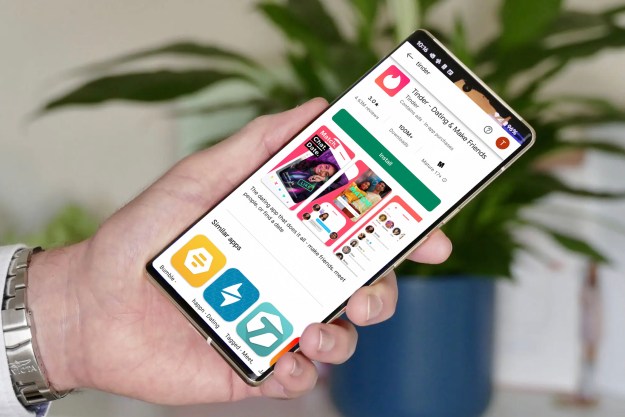
When Android creator Andy Rubin left Google in 2014, he was hailed as a hero who changed the mobile landscape forever. While he may well have done so, what was not made public was that he had been accused of sexual misconduct by a woman who said he coerced her into performing oral sex in a hotel room in 2013, according to The New York Times.
The Times cites two Google executives with knowledge of the incident. After Rubin was accused of sexual misconduct, Google investigated the claim, which it found to be credible. Google founder Larry Page subsequently asked for Rubin’s resignation.
The report notes that while Google could have fired him for sexual misconduct, it gave him a $90 million exit package, amounting to $2.5 million per month for two years, then $1.25 million per month for two years after that.
This was not the first time Rubin ran in trouble. The Times notes that security staff once found bondage sex videos on Rubin’s work computer, and he dated other women at the company while married to his wife. In 2011, he had a consensual relationship with a woman at Google who was not his subordinate, however, the pair did not report the relationship to Google human resources, despite rules requiring them to do so. Rubin and his wife divorced in August.
In 2013, Google combined the management of the Chrome and Android divisions, and Rubin lost a power struggle to Sundar Pichai, who went on to become Google CEO. Around that time, Rubin was reportedly also casually seeing another woman from the Android division. They started seeing each other in 2012, but in 2013, the woman reportedly wanted to break things off with Rubin, but was concerned that doing so would affect her career. They agreed to meet at a hotel, where Rubin pressured her into oral sex. The incident ended their relationship, but she waited until 2014 to report it to Google HR, after which Google began investigating. Shortly after the investigation began, Google awarded Rubin a stock grant worth around $150 million. It’s unclear if the board members who approved the grant knew about the investigation at the time.
That $150 million grant was enormously helpful for Rubin in negotiating his exit package later. That’s because Google wanted to avoid any kind of wrongful termination lawsuit, which could have brought negative attention to the company.
The news about Rubin may not be all that surprising — The Information reported late last year that Google had investigated Rubin for an inappropriate relationship. After the report, Rubin took a leave of absence from Essential, a smartphone company he founded after leaving Google.
After the news circulated on Thursday, October 26, Pichai and Vice President of People Operations Eileen Naughton sent an email (which was obtained by CNBC) to employees saying that the company was “dead serious about making sure we provide a safe and inclusive workplace,” and that it had taken a number of steps over the past few years to ensure a safe environment, including “taking an increasingly hard line on inappropriate conduct by people in positions of authority: In the last two years, 48 people have been terminated for sexual harassment, including 13 who were senior managers and above. None of these individuals received an exit package.”
Updated on October 25, 2018: Google released an emailed statement to employees.
Editors' Recommendations
- Google just released the first Android 15 beta. Here’s what’s new
- Google just announced Android 15. Here’s everything that’s new
- Google just announced 9 new features for your Android phone and watch
- How Android 14 is Google’s secret weapon to make Android tablets great
- Google gives Android 13 a magic trick for music playback at CES 2023
